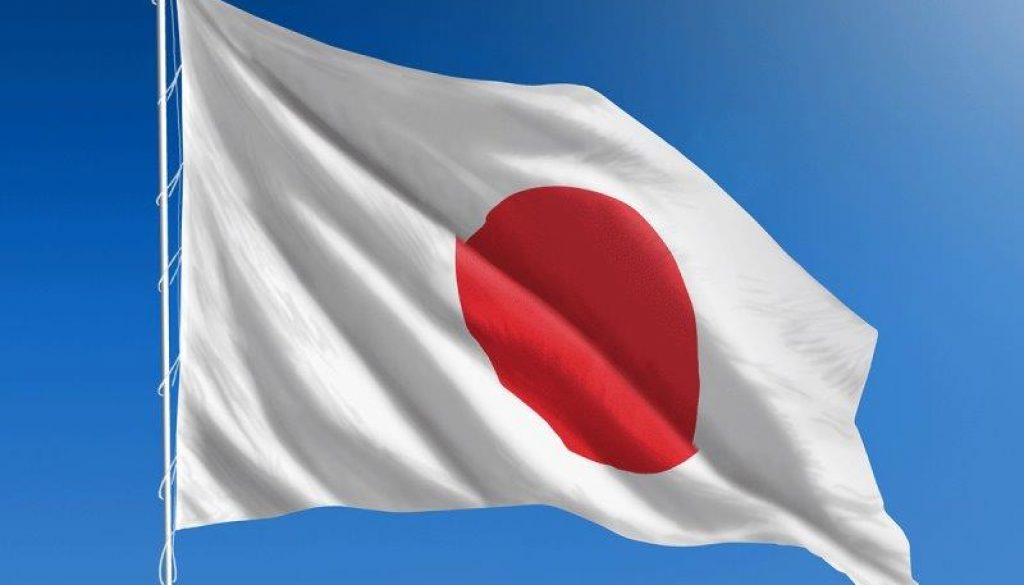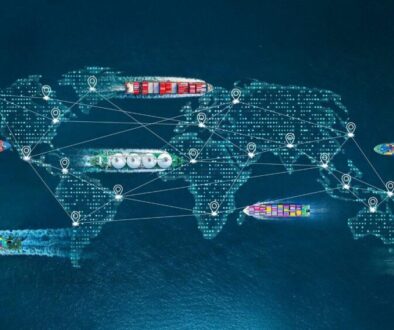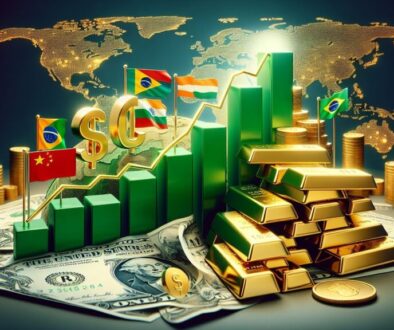Over the last few months, businesses have been put under extreme amounts of stress to say the very least. The lockdowns have forced some businesses to completely shut down and others to remain open, but with significantly less revenue. This has caused many companies to take some financial actions that they would normally never take which is leading to the creation of a new economic crisis, a crisis that will affect millions of people around the world and yet most people don’t even know what it is.
The Boom
What country do you think had the wealthiest citizens in the year 1990? Was it a great western power like the United States or the UK? Maybe it was a Nordic country like Norway or Sweden or could that have possibly been the economic powers of the Germans or the French? Well, none of those are the right answer. The wealthiest people in the world out of all industrial nations in 1990 was actually the Japanese. The reason behind that is that World War II decimated large parts of Japan and took out an estimated 40% of Japan’s infrastructure. However, this devastation allowed Japan to rebuild their entire economy from scratch. They rapidly built modern factories throughout the country, which gave them a massive advantage over other nations whose factories were old and comparatively outdated. During that period, Japan also began to go through an era that was called the gifts from Heaven. This was an era in Japan where within the span of three years all of the following things occurred:
- Japan became a democracy and workers got labor rights
- Women got the right to vote
- Farmers were allowed to own their own land
- General society liberalized and expansion of private businesses were allowed
All of these reforms combined with other factors, like extremely high productivity led japan to becoming an economic superpower where during parts of the 1980s they had the second largest economy in the World behind the United States and they had the highest GNP per capita out of all major industrial nations in the world.
The Collapse

In fact, Japan in the 1980s was viewed as kind of how China is viewed today in relation to its global economic power. But then a major economic crisis would tear the economy of the country apart. In the 1980s Japan made some financial reforms that seemed good at the time. But ended up creating the first modern financial crisis in the country’s history. For example, in 1985 the Plaza Accords doubled the exchange rate value of the US Dollar versus the Yen. Japan also imposed strict tariffs that encouraged people to save money versus spend money, and lastly there was excessive loan growth quotas created by the Bank of Japan.
All of these factors led to speculative asset bubble in Japan’s economy. In fact from 1985 to 1989 the Nikkei 225, which is the major Japanese stock market index saw a two hundred and eighteen percent gain over that four-year period that was arguably the biggest bubble for a major economy in the history of the world. And of course in 1990 that bubble began to burst. And the stock market crashed and it crashed so hard that to this day the closing price of the Japanese stock market has never surpassed the peak that it reached in 1989.
The Creation of Japan’s Zombie Companies
This crash radiated throughout the Japanese economy, unemployment spiked GDP growth declined and a many giant companies were left with tons of debt and little to no revenue to pay back that debt. This lead to the creation of what became known as the zombie companies.
So what happened was that a large portion of companies were loaded with debt and could not pay back that debt in full, however they could pay back essentially the bare minimum amount of debt in order to just keep the company alive. This meant that Japanese companies had to take on more debt or get bailed out by the Japanese government. But here was the trouble; it was that even though many corporations got bailouts or took on additional loans, these companies were too debt-ridden to survive in the long term. A fact that lead to many of these companies were almost dead because of the debt, but were acting as if they were alive. That is why they were recalled zombie companies. The creation of these zombie companies were the largest contributing factor to Japan’s economic decline over the following decade. A decade that would become known as “The Lost decade”. Today we might be seeing something like this happening again. But this time it might be all over the world.
Today’s Zombie Companies
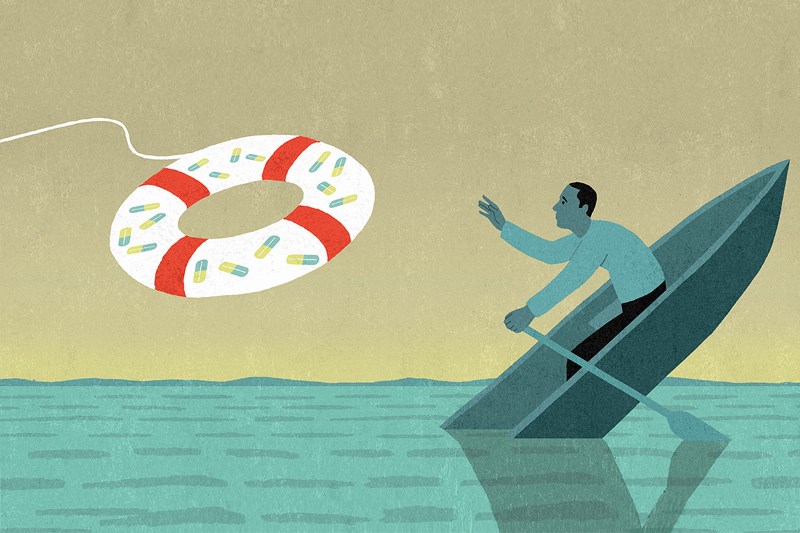
In 2005 2.5% of all companies in the United States were considered zombie companies, or in other words, companies that were heavily indebted. Then happened the 2008 financial crisis and the rapid creation of zombie companies accelerated from 2005 to 2019. The percentage of zombie companies in the United States Increased from 2.5 percent to 16 percent -that was before this Covid-19 pandemic-. Over the last few months alone, the pandemic has catapulted the percentage of zombie companies from 16% to 19%; a number that is close to what we saw in Japan in the 1990s.
Now, what does this mean for the current economy? Well, the first thing is that the economy holds a bunch of companies that are being solely kept alive by debt and are very close to bankruptcy or at the very least will experience a zero growth for years to come.
So far, this pandemic, in the United States alone, has caused US corporations to take out over one trillion dollars worth of debt over the last few months; a rate about nine times higher than normal. The longer this economic downturn persists, the worst the following years of economic recovery will be. Chief Economist Vincent Reinhart said that allowing zombie companies to linger might be why long-term growth suffers as a consequence of a severe financial crisis and recession.
The Dilemma
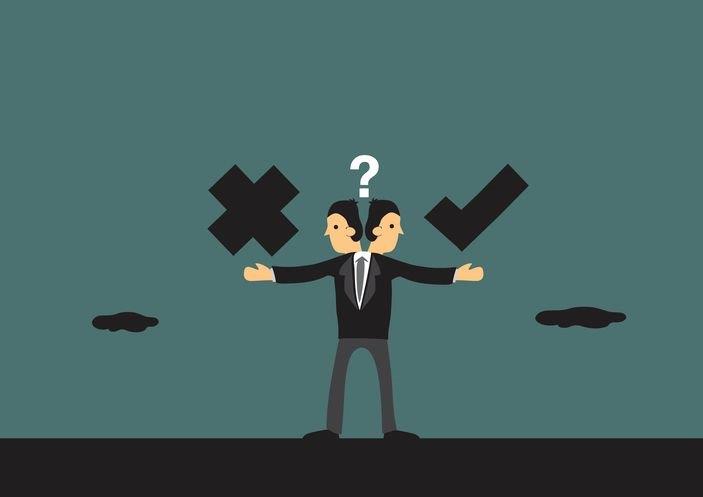
Companies hit the hardest in compiling the most debt are airlines, hotels, car rentals, retail and restaurants. Now these sectors compose a giant chunk of the economy and might be in serious trouble going into the future bringing-up an interesting economic dilemma. The dilemma goes as follows, government and banks could theoretically stop lending these companies. This would cause a much sharper downturn in the economy, as many companies go bankrupt and many people lose their jobs. But this would also theoretically allow for new competitors to be created without the debt burden, which would see better long-term economic growth.
So the choice is either to let the zombie companies fail and go through a sharp peak economic decline followed by a rapid recovery, or could let the zombie companies keep compiling debt, which would mean a lesser economic decline but much worse economic growth in the future.
Future and virtually every government and bank around the world has gone with the latter option of keeping the zombie companies alive similar to what Japan did in the 1990s. This doesn’t necessarily mean that the world economy would go through a lost decade like what Japan went through, but it is very likely that the economic growth for years to come will be significantly lower due to the compilation of debts and the inability of many companies to pay back that debt.
It is worth highlighting that there is some troubling statistics that have come from prolonged periods of keeping zombie companies alive. Japan before 1990 was consistently seeing four to six percent GDP growth rates, and these were fairly high growth rates for an economy as large as it was, but over the past 30 years, the average growth rate of Japan’s economy has been just over one percent. Stable employment in Japan has decreased by 13 percent and the amount of precarious employment has increased to an astounding 30%. Of course, there were many other factors which contributed to Japan’s economic stagnation over the last three decades, but the creation of zombie companies is viewed as the largest contributing factor to their economic slowdown of the 1990s, and these zombie companies likely amplified all of their other economic flaws during that time. In other words, and reflecting on today, even though right now we are going through bad economic times and it seems like the economy is rapidly recovering to a certain extent, there are a ton of companies right now that are solely running on debt they cannot and will not be able to pay. They will likely experience a ton of growth problems going into the future which will likely radiate throughout the global economy.
